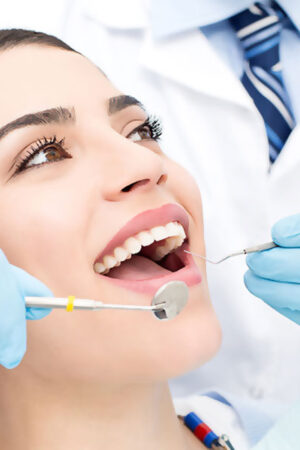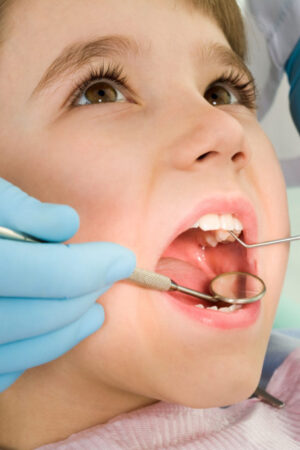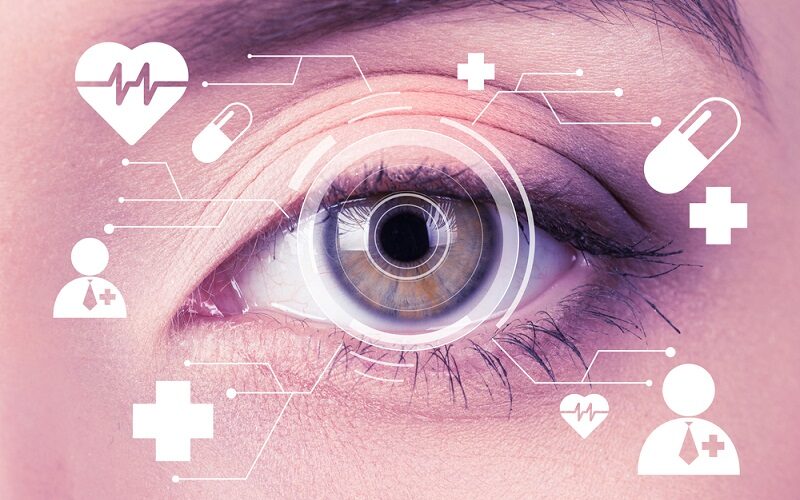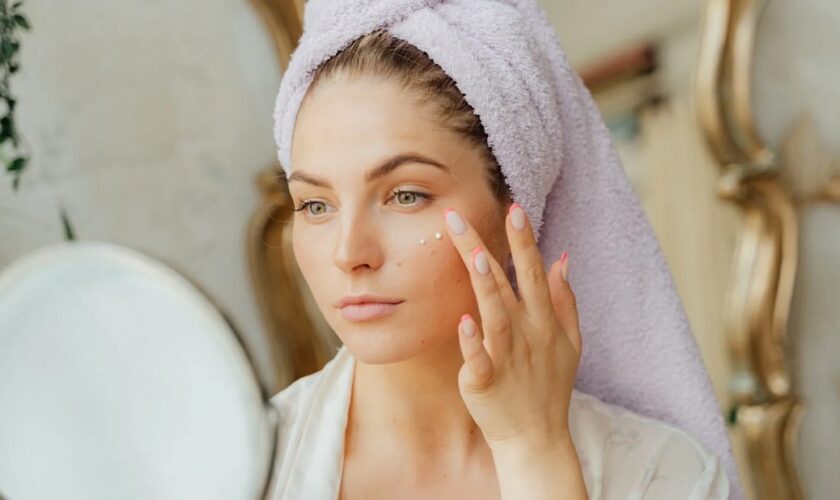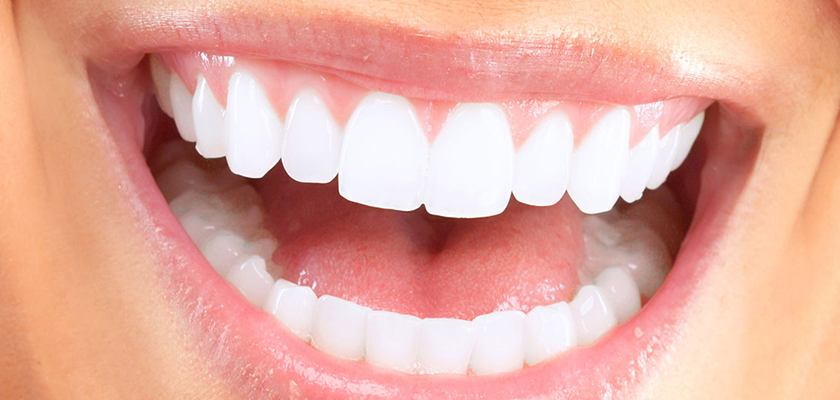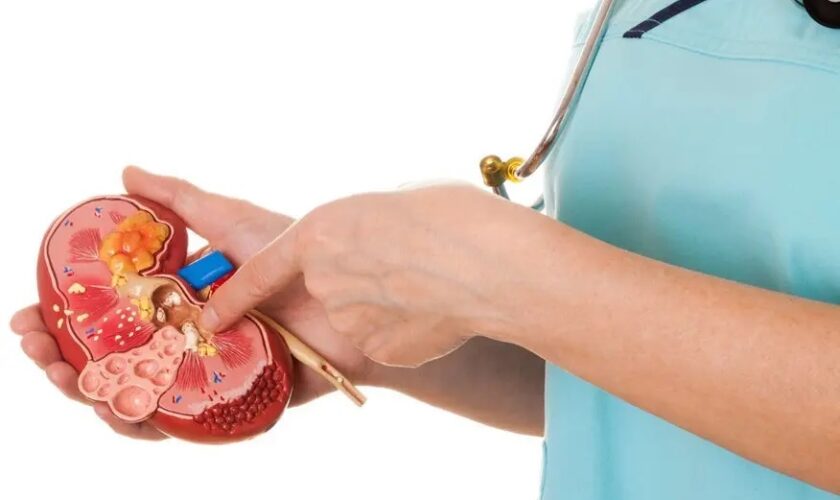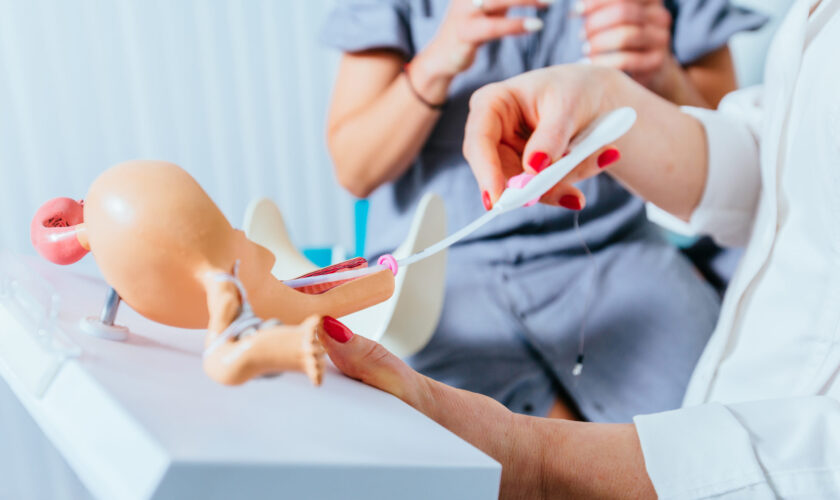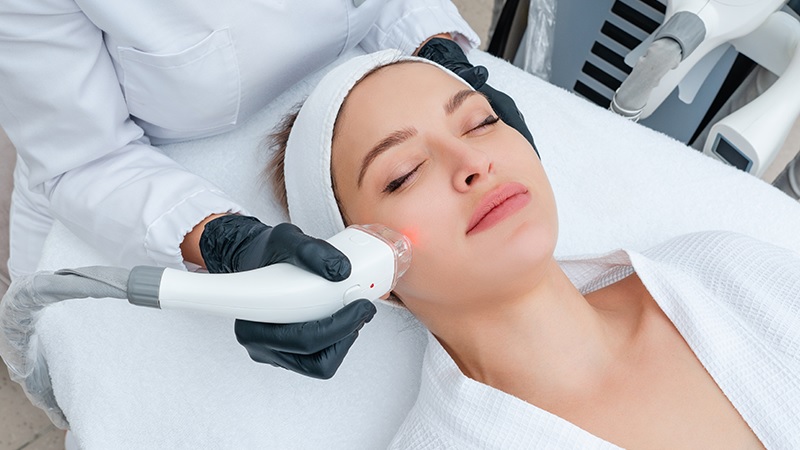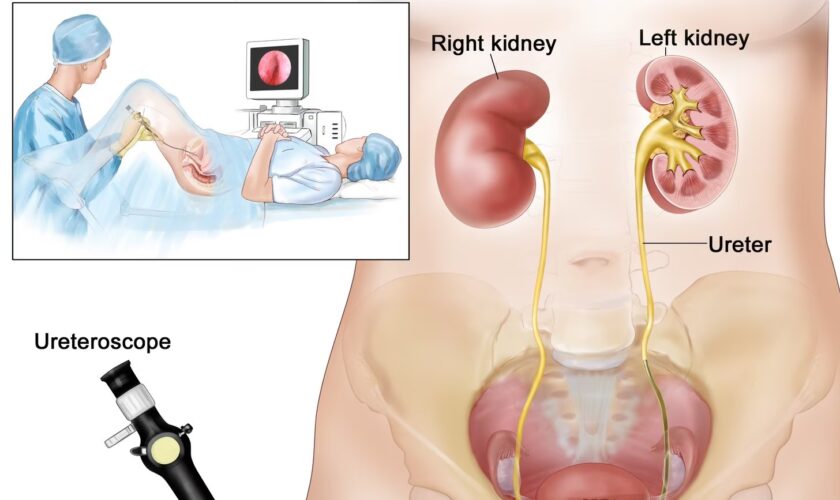Being a great athlete takes dedication and hard work. But the good news is that it isn’t too late to get better and improve, especially when you are committed to achieving all your fitness goals.
Some tips can help you achieve these goals faster as long as you put them into action. These tips may include the following:
1. Incorporate a Healthy Diet
Don’t expect to see a change in your athletic performance when you don’t take time to fuel your body properly. While you could be exercising out more than an average individual, a poor diet may negatively affect your body.
Sugary drinks, fatty foods, and junk snacks can hamper your athletic progress. Unhealthy food won’t just put unnecessary stress on an athlete’s body. It will also impact the process of recovery.
It won’t be simple to make dietary changes. However, the effort will be worth it. You may start by minimizing unhealthy stuff. While at it, incorporate more whole grains, lean protein, vegetables, and foods into your diet.
2. Prevent ACL Tears
Every young athlete knows that sports injuries may derail their competitive season quickly. As young athletes specialize in one sport all year round, the instances of injuries will increase.
This is true, especially for ACL injuries, which are very common knee tears. An injured ACL usually needs an ACL surgeon to conduct surgery and may take you up to one year to recover. This is why it is recommendable that you look for ways to prevent injuries.
3. Plan a Weekly Schedule
Finding time to train usually narrows down to the management of time. Mostly, people may carve out around 45 minutes to go for focused runs or do any kind of activity.
Having a reasonable and specific weekly routine can help you to be on track even if you don’t feel like it. Training consistently for weeks or months is among the best ways to become a great athlete.
4. Start with a Warm-Up
Before you tackle high-intensity workouts, start with calisthenics, including squats, lunges, pushups, arm circles, and jumping jacks to warm up your muscles.
Although you might not need lengthy cool-down post-workouts, warm-up is not negotiable because they can help you present injuries, stave off soreness, and improve performance.
5. Be Hydrated
Losing more than 2% of body fluids may negatively impact your cognition and athletic performance. Athletes usually start to feel thirsty after losing 1-to-2% of their body weight.
So it is always best to carry a bottle of water to hydrate consistently. Afterward, calculate your sweat rate to ensure you are well-hydrated throughout the workout.
6. Consider Setting Clear Goals
Begin by setting achievable and clear goals for yourself. With this, you will have something to stay motivated and work towards.
Focus on making your goals SMART (specific, measurable, attainable, relevant, and time-bound). For instance, if you are looking to boost your running stamina and endurable, consider setting goals to complete your race in under one hour within 36 weeks.
The Bottom Line
Being a great athlete won’t be enough. As an athlete, you will always want to be the best. By this, it means you need to improve over time and look for effective ways to keep on getting better.
